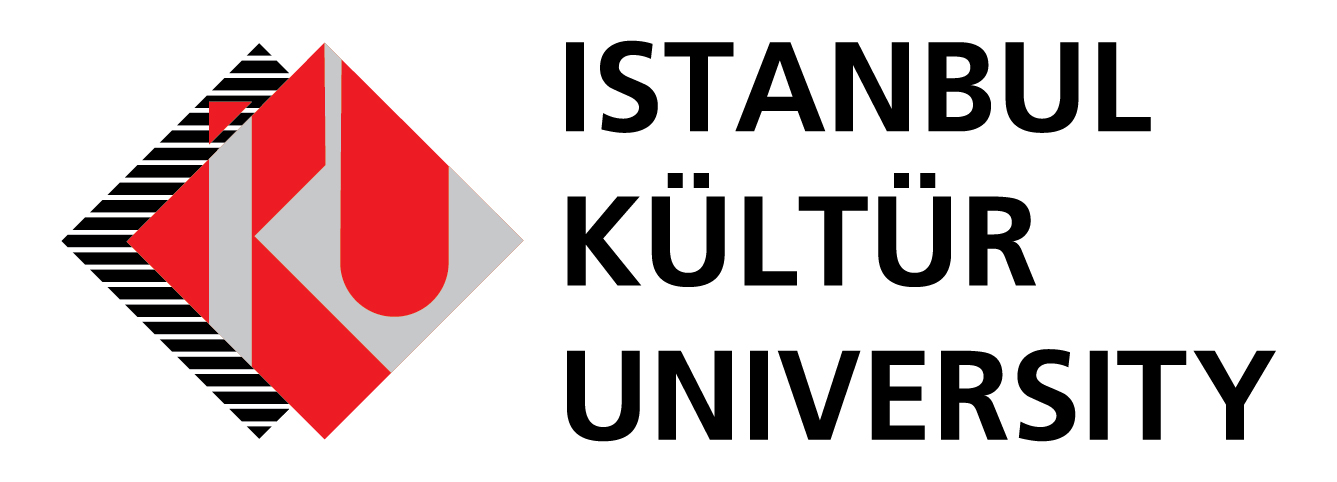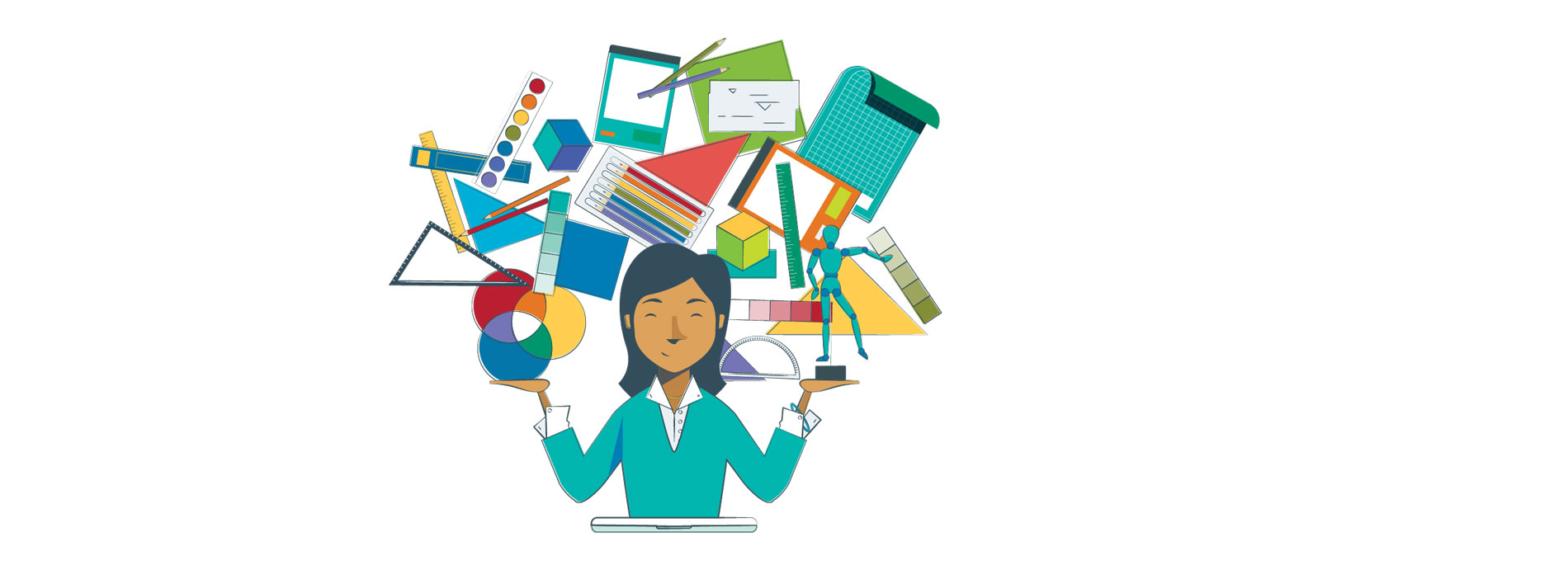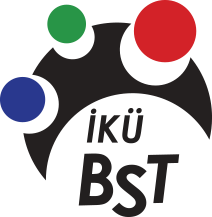An educator should have all of the competencies of field knowledge, pedagogical knowledge and pedagogical field knowledge, which we can express as three basic areas of knowledge and competence. In other words, it is not enough for an educator to have very good content knowledge or pedagogical knowledge in order to realize an effective teaching with the least energy, in the most economical and qualified way, but he/she should be able to teach the knowledge, skills and attitudes of the field in which he/she is an expert by integrating them with the content, method-technique and measurement-evaluation processes appropriate to the characteristics of the target audience. In this direction, gaining competence in curriculum development, understanding and evaluating curricula in education has a serious importance in terms of training qualified prospective teachers.
The general aim of the master's program in Curriculum and Instruction is to educate individuals who possess the knowledge, skills, and attitudes related to curriculum and instruction, who understand and adhere to the ethical standards of the profession, who can design effective teaching-learning processes, who have high-level thinking skills, who follow the developments in their profession, who know statistics and scientific research techniques at a level to conduct scientific research and who are committed to lifelong learning.
Objectives of the Master's Program with Thesis
Candidates who will graduate from the Master's Program in Curriculum and Instruction with Thesis are expected to engage in curriculum development and evaluation activities in various formal and non-formal education institutions, especially in public and private schools affiliated to the Ministry of National Education, universities, human resources and quality development departments of enterprises, and to have the motivation to conduct scientific research and develop projects in these fields. In addition, it is aimed to provide the graduates of this program with the advanced understanding, attitude, awareness, professional knowledge and skills necessary for them to continue their postgraduate education processes (doctoral education) and to become competent academicians in their fields.
Objectives of the Without Thesis Master's Program
The scope of the program includes basic concepts in curriculum development, theoretical foundations of curriculum development, curriculum design, curriculum development models in education, curriculum development planning, curriculum design preparation, testing and evaluation of curricula, ensuring continuity of the curriculum, and developing curricula in line with new trends in curriculum development. In addition, the program aims for candidates to acquire knowledge of basic quantitative, qualitative, and mixed-methods research, develop knowledge and skills related to basic statistical analysis and reporting, and gain experience and awareness of ethical principles and practices in scientific research.
Candidates who will graduate from Curriculum and Instruction Without Thesis Master's Program are expected to carry out curriculum development and evaluation activities in various formal and non-formal education institutions, especially in public and private schools affiliated to the Ministry of National Education, in human resources and quality development departments of enterprises, and to have the motivation to conduct scientific research and develop projects in these fields.
Medium of instruction
The medium of instruction of the Master's Programs with and without Thesis is Turkish.
Program Duration
Without Thesis Program: 2 semesters
Thesis Program: 4 semesters
Courses
Program courses are held on weekdays between 18:00-21:00.
Other Conditions
- The program requires students to take 30 credits each semester.
- In addition to the normal course load, students are required to take “Master's Degree Thesis” and “Seminar” in the Thesis Program in order to graduate,
- While, in the without-thesis program, a “Term Project” must be prepared.
- Students must have taken ALES within the last five years and to have a minimum score of 55 from any score group.
Program Opening Periods
It is held twice a year in Fall and Spring semesters
THESIS AND TERM PROJECT AREAS
In Educational Administration and Planning Master's Programs with and without thesis, thesis and project studies are carried out in the following areas:
Effective Leadership Characteristics
Class Management
Mobbing
Ethical Behaviour in Managers
Professional Development of Educational Administrators
Leadership Styles
In recent years, one of the important literacies that twenty-first century teacher candidates and teachers are expected to have is curriculum literacy. Considering the fact that teachers have started to take more responsibility in curriculum development studies and the fact that there is a shift towards a framework curriculum approach when looking at the recently developed curricula in Türkiye, it is seen that teachers have more responsibility in this sense.
Teachers are expected to contribute to the processes of planning, organizing, implementing, and evaluating curricula according to the needs and levels of the students at their respective schools. With the knowledge, skills, and competencies acquired from the Curriculum and Instruction master's program, teachers can design educational and training programs and/or modify existing curricula to best suit the needs and characteristics of their students and the environments in which they work.
Curriculum development and evaluation in education is a field that is revised in line with the ever-changing needs and demands due to the dynamic structure of society and requires special study. In this direction, a teacher candidate who has already examined an undergraduate program related to his/her field may face a new program when they start their profession. Being able to understand a revised program and preparing course contents accordingly reveals the need for a master's program that requires expertise in this field.
Curriculum and instruction master's degree program is preferred by teacher candidates and teachers who want to advance in their careers. The intensification of curriculum development studies with the studies carried out within the scope of national and international projects increases the interest and need for curriculum development in education and the experts trained in this branch. The fact that curriculum development studies are based on a scientific basis and that contemporary orientations are included in these studies reveals the necessity of opening programs at the master's level.
Graduates of the master's degree program are expected to be engaged in educational or research activities and to develop sufficient motivation for further graduate studies in this field. In addition, graduates of the program can contribute to pre-service and in-service teacher education programs in the field, work as education coordinators in schools or as lecturers in related departments of universities.
Dear Students,
The aim of the curriculum and instruction master's degree program is to educate lifelong learners who have the knowledge, skills and attitudes of curriculum and instruction, who know and apply the ethical rules of the profession, who can design effective teaching-learning processes, who have high-level thinking skills, who follow the developments in their profession, who know statistics and scientific research techniques at a level to conduct scientific research.
Graduates of the master's degree program are expected to be engaged in educational or research activities and to develop sufficient motivation for further graduate studies in this field. In addition, graduates of the program can contribute to pre-service and in-service teacher training programs in the field, work as education coordinators in schools or as lecturers in related departments of universities.
The scope of the program includes basic concepts in curriculum development, theoretical foundations in curriculum development, curriculum design, curriculum development models in education, curriculum development planning, curriculum design preparation, testing and evaluation of curricula, providing continuity to the curriculum, developing curricula in line with new trends in curriculum development. In addition, it is aimed that the candidates will have knowledge about basic quantitative, qualitative and mixed methods research, gain knowledge and skills related to basic statistical analysis and reporting, gain experience and awareness about ethical principles and practices in scientific research.
The courses and application methods in the Curriculum and Instruction Master's Degree Program are based on the “Experience Sharing Model.” Within the framework of this model, students participating in the program will have the opportunity to share and synthesize their different experiences in educational institutions with faculty members who are experts in the field. We have a qualified staff with both theoretical and practical experience in the field of Curriculum and Instruction to teach in the program.
Assoc. Prof. Demet Zafer Güneş
Head of the Department of Educational Sciences
SPECIAL ACCEPTANCE CONDITIONS
- Candidates who are graduates of the Faculty of Education or from a non-field program but have a pedagogical formation certificate can apply.
GENERAL CONDITIONS FOR APPLICATION TO ALL PROGRAMS
Candidates at the time of application,
- Photocopy of Diploma or Temporary Graduation Certificate,
- Copy of transcript,
- Photocopy of ALES Certificate, (ALES certificate is not required for non-thesis programs)
- Military Service Status Certificate (for male candidates),
- 2 Passport Size Photograph
- Photocopy of Identity Card
- Photocopy of Foreign Language Certificate for Doctorate Programs,
At the time of final registration,
- Certified copy of Diploma or Temporary Graduation Certificate,
- Certified copy of transcript,
- ALES Certificate, (Printout taken at the Institute)
- Original Military Service Status Certificate (for male candidates),
- 6 Passport Size Photograph
- Foreign Language Certificate for PhD Programs, (Taking the printout at the Graduate School)
- First installment of Tuition Fee
| Assoc. Prof. Demet Zafer GÜNEŞ | Head of Department |
| *** | Member |
| Assist. Prof. Didem ÖZDOĞAN | Member |
| Ergin KORKMAZ | Student Representative |
| Head of Department | |
| Assoc. Prof. Demet Zafer Güneş | |
| (0212) 498 41 41 | |
| d.gunes@iku.edu.tr | |


